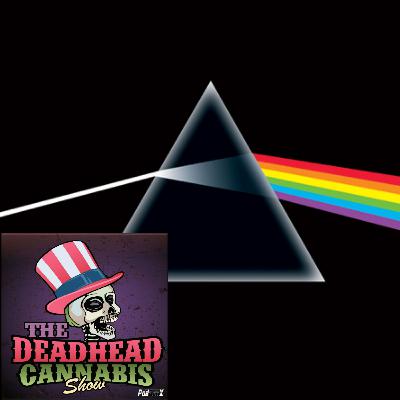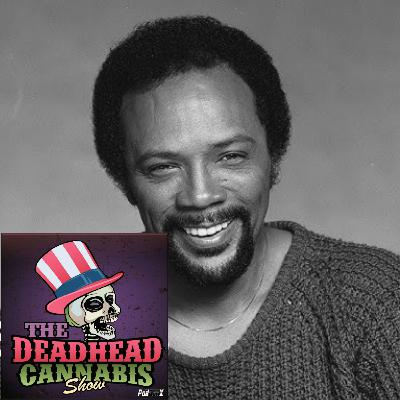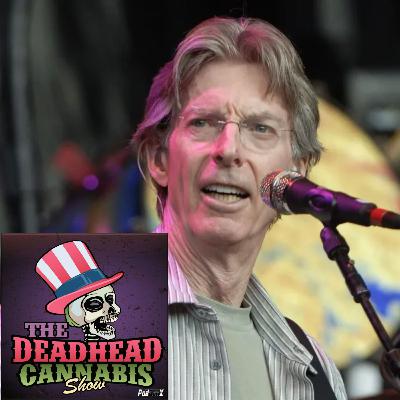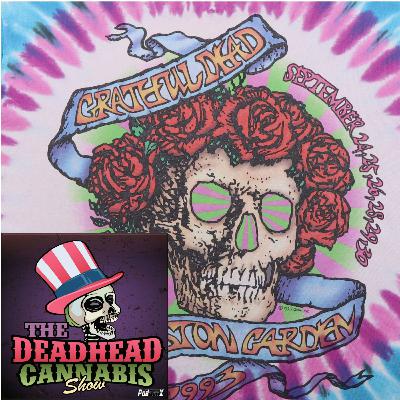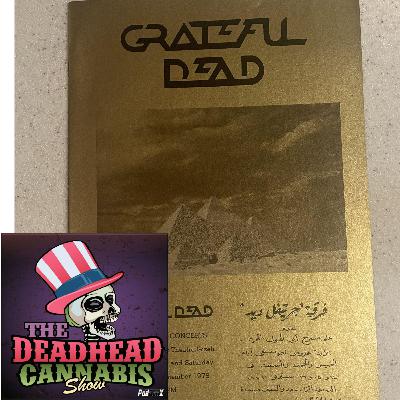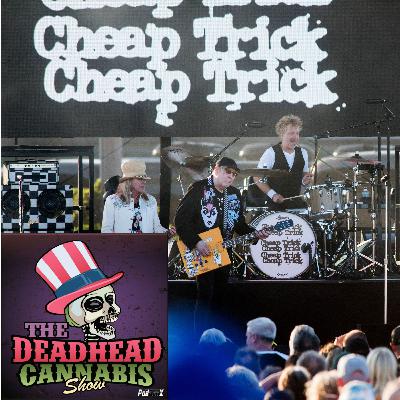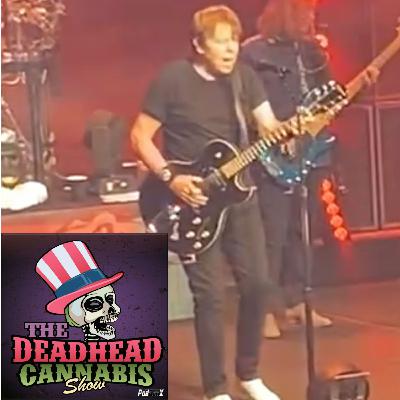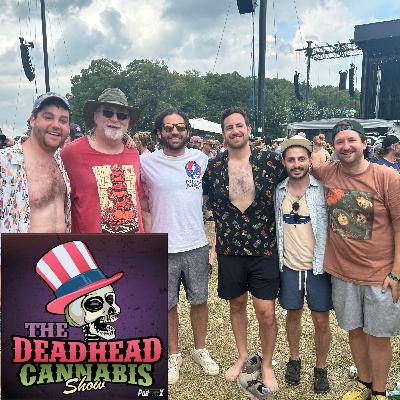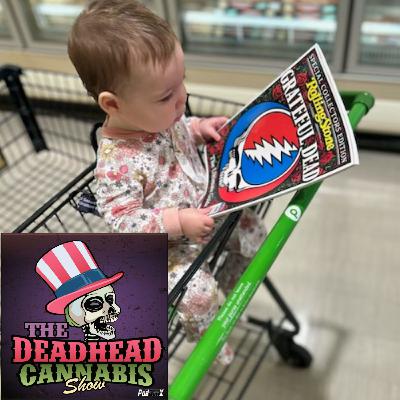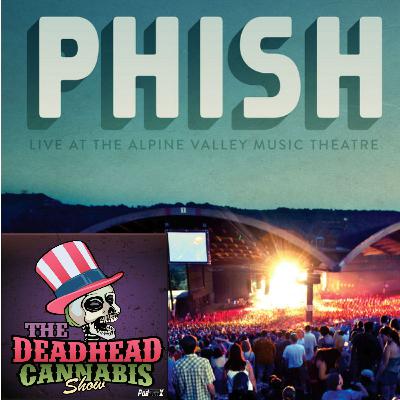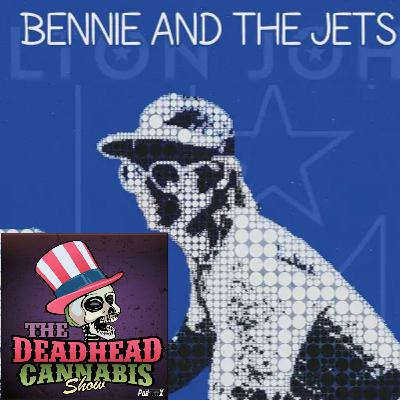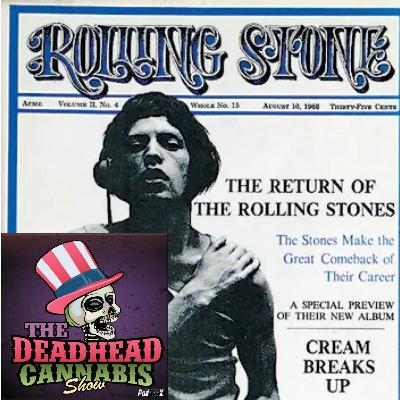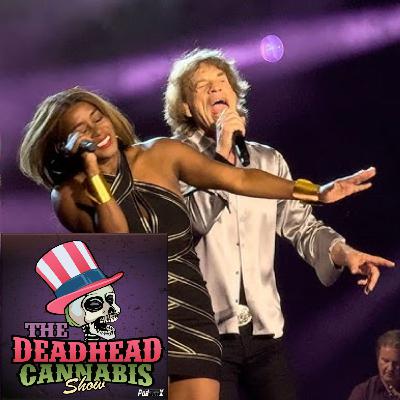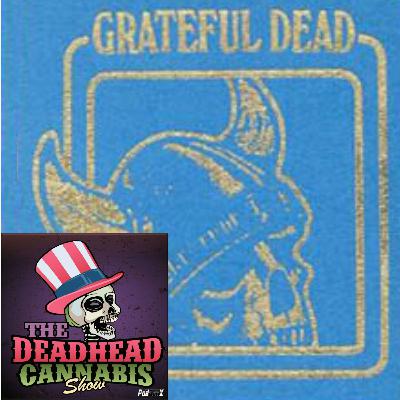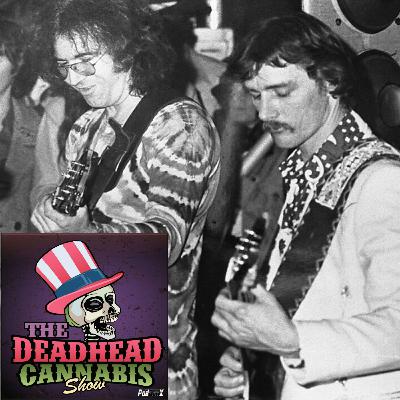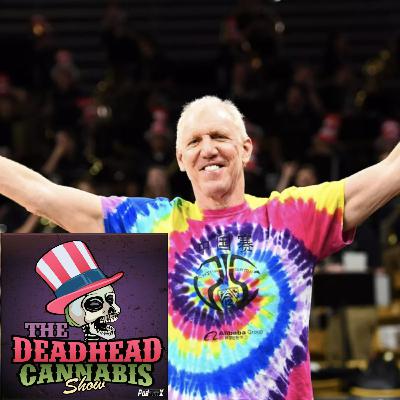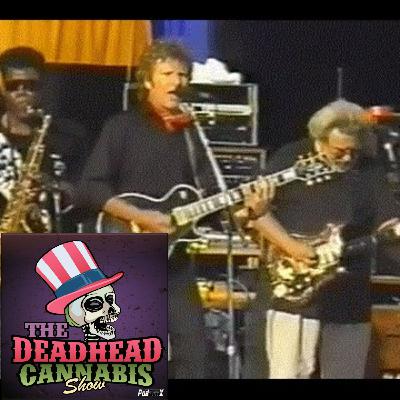Three Sets At the Warfield: acoustic and electric RIP Kris Kristofferson; Where are the Betty Boards?
Description
Pink Floyd's Catalog Sale: A New Era
In this episode of the Deadhead Cannabis Show, Larry Michigan explores the rich history of the Grateful Dead's music, focusing on a specific concert from 1980. He discusses the significance of various songs, including 'Iko Iko' and 'Me and Bobby McGee', while also reflecting on the impact of Chris Christopherson's songwriting. The conversation shifts to current events in the music and cannabis industries, including Pink Floyd's catalog sale and the ongoing challenges faced by the hemp industry. Larry emphasizes the importance of medical marijuana legalization and shares insights on how cannabis enhances the music experience. He concludes with personal strain recommendations and highlights record sales in legal marijuana states.
Takeaways
The Grateful Dead's acoustic sets were a significant part of their live performances.
Audience tapes capture the energy of live shows better than soundboard recordings.
Chris Christopherson's 'Me and Bobby McGee' remains a classic, showcasing the intersection of music and storytelling.
Pink Floyd's recent catalog sale reflects the changing dynamics in the music industry.
The Betty Boards represent a pivotal moment in Grateful Dead tape trading history.
The hemp industry faces legal challenges that could impact small businesses.
A majority of chronic pain patients support the legalization of medical marijuana.
Cannabis enhances the enjoyment of music, as confirmed by recent studies.
Record sales in legal marijuana states are reaching new heights, indicating a thriving market.
Personal strain recommendations can enhance the cannabis experience for users.
Chapters
00:00 Introduction and Context of the Grateful Dead's Music
04:50 Exploring 'Iko Iko' and Audience Tapes
10:42 The Significance of 'Monkey and the Engineer'
15:24 Remembering Chris Christopherson and 'Me and Bobby McGee'
22:31 Pink Floyd's Catalog Sale to Sony Music
28:15 The Mystery of the Betty Boards
54:16 Current Issues in the Hemp Industry
01:08:10 Support for Medical Marijuana Legalization
01:15:50 The Impact of Marijuana on Music Enjoyment
01:21:09 Record Sales in Legal Marijuana States
01:25:53 Strain Recommendations and Personal Experiences
Grateful Dead
October 7, 1980 (44 years ago)
Warfield Theater
San Francisco, CA
Part of 23 show run in late September to the end of October, 1980 split between the Warfield (September 27th – October 14th) and Radio City Music Hall in NYC (October 22 – 31st) Each show opened with an acoustic set followed by two full electric sets. These were the last shows where the Dead played acoustic sets. Songs from all of these concerts were pulled for the two related Dead double album releases, Reckoning (acoustic music, released April 1, 1981- the Band’s sixth live album and 17th overall) and Dead Set (electric music, released August 26, 1981, the Band’s seventh live album and 18th overall).
Today’s episode is broken up into three acoustic numbers from this show and then three electric numbers.
INTRO: Iko Iko
Track #1
"Iko Iko" (/ˈaɪkoʊˈaɪkoʊ/) is a much-coveredNew Orleans song that tells of a parade collision between two tribes of Mardi Gras Indians and the traditional confrontation. The song, under the original title "Jock-A-Mo", was written and released in 1953 as a single by James "Sugar Boy" Crawford and his Cane Cutters but it failed to make the charts.
The song first became popular in 1965 by the girl groupthe Dixie Cups, who scored an international hit with "Iko Iko" released in March, 1965. In 1967, as part of a lawsuit settlement between Crawford and the Dixie Cups, the trio were given part songwriting credit for the song.
A permanent part of the Dead’s repertoire since first played in May, 1977 in St. Louis, almost by accident out of and back into a Not Fade Away. The intro, one verse and back to NFA. Overtime, became a tune that was not frequently played, usually once, maybe twice, a tour, but whenever it was played it created a party atmosphere out of whatever the mood had been prior to its playing.
Perfect song for Jerry with the call and response chorus that everyone joined in on. The song that “fastened my seatbelt on the bus” when I saw it for the first time at my second show ever in Syracuse in 1982 with good buddy Mikey. Once you hear it live, you are always looking for it at future shows.
I love this song as do many Deadheads. But getting to hear it played acoustically is a real treat and a great way to open this “hometown” show. Jerry played it right up until the end.
Played: 185 times
First: May 15, 1977 at St. Louis Arena, St. Louis, MO, USA
Last: July 5, 1995 at Riverport Amphitheatre, Maryland Heights, MO, USA
SHOW No. 1: Monkey And The Engineer
Track #4
Jesse Fuller tune
Jesse Fuller (March 12, 1896 – January 29, 1976) was an American one-man band musician, best known for his song "San Francisco Bay Blues". Starting in the 1950’s after a number of non-music related jobs, Fuller began to compose songs, many of them based on his experiences on the railroads, and also reworked older pieces, playing them in his syncopated style. His one-man band act began when he had difficulty finding reliable musicians to work with: hence, he became known as "The Lone Cat". Starting locally, in clubs and bars in San Francisco and across the bay in Oakland and Berkeley, Fuller became more widely known when he performed on television in both the Bay Area and Los Angeles.
In 1958, at the age of 62, he recorded an album, released by Good Time Jazz Records.[3] Fuller's instruments included 6-string guitar (an instrument which he had abandoned before the beginning of his one-man band career), 12-string guitar, harmonica, kazoo, cymbal (high-hat) and fotdella. He could play several instruments simultaneously, particularly with the use of a headpiece to hold a harmonica, kazoo, and microphone.
In the summer of 1959 he was playing in the Exodus Gallery Bar in Denver. Bob Dylan spent several weeks in Denver that summer, and picked up his technique of playing the harmonica by using a neck-brace from Fuller.[
Monkey And The Engineer was played by the pre-Dead group Mother McCree's Uptown Jug Champions in 1964. The song was performed by the Grateful Dead in acoustic sets in 1969, 1970, 1980 and 1981. Also performed by Bob Weir with Kingfish.
A fun tune that is perfect for kids as well. Good one to get them hooked into the Dead on!
Played: 38 times
First: December 19, 1969 at Fillmore West, San Francisco, CA, USA
Last: February 12, 1989 at Great Western Forum, Inglewood, CA, USA
MUSIC NEWS:
Intro Music: Me and Bobby McGee


